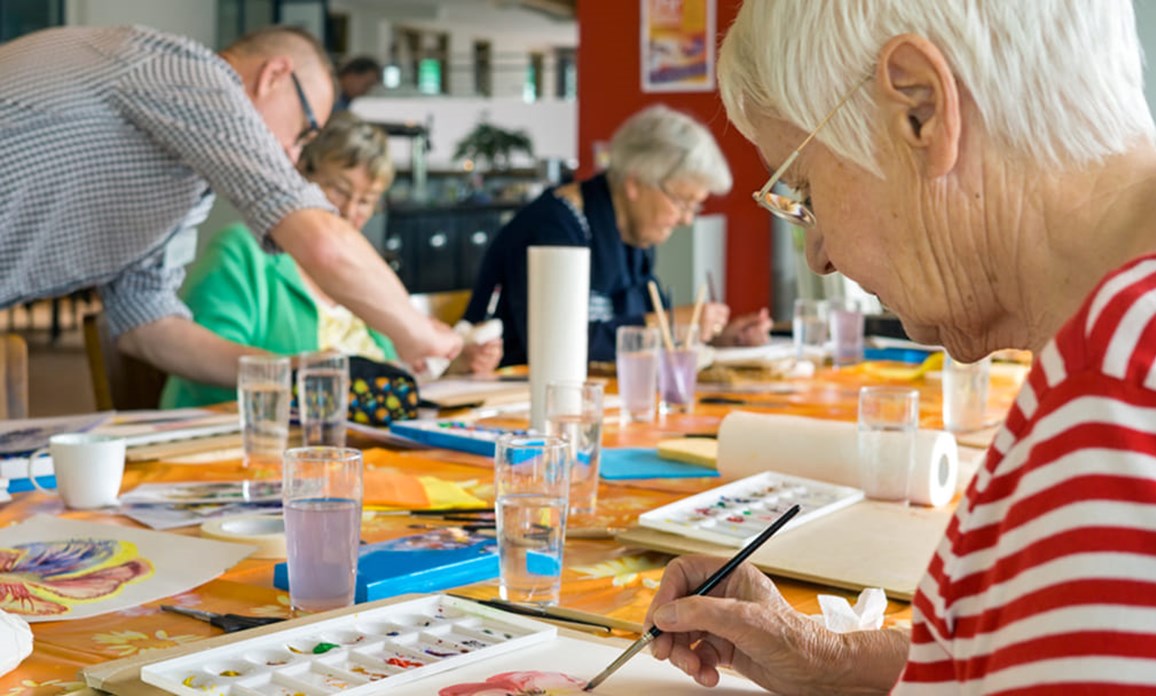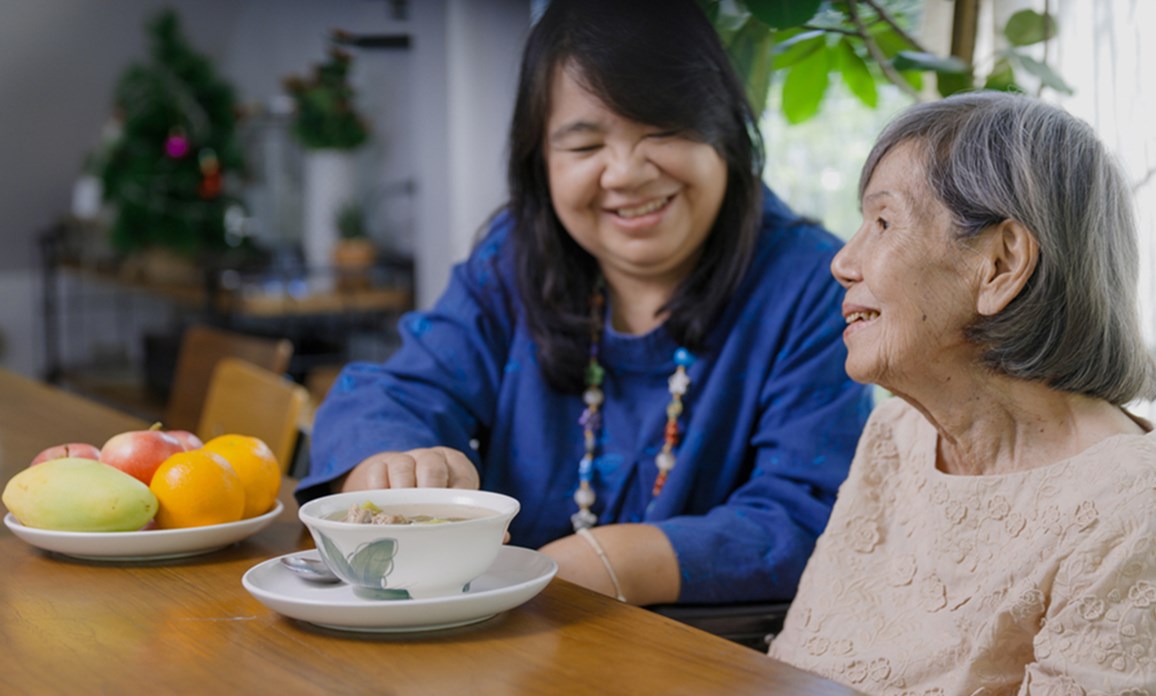Parkinson’s and Creativity
Parkinson’s Disease (PD) leads to a host of motor symptoms, making it more difficult for sufferers to control their movements. They may find it more difficult to keep a steady hand, they may lose some of their strength, or might experience the opposite – freezing in place and feeling like they are unable to move. This may be particularly bothersome to people with natural creative tendencies, as they might struggle with the arts and crafts that play an important role in their lives.
Yet over time, some patients began reporting unusual changes to their creativity. People who had not engaged in any creative work experienced bursts of creativity and a desire to engage in artistic activities which they had not had before; while artists saw marked changes in their artistic style. As these reports accumulated, doctors and researchers began to wonder: is there a connection between PD and creativity? Could Parkinson’s possibly come with a silver lining, enhancing creative passions?
What the Research Says
The first study into the connection between Parkinson’s Disease and creativity, published in 1999, examined 40 professional artists, looking into their artworks before and after the onset of PD. The author had initially expected that PD would lead to artists being “impoverished in originality and creativity”; yet the study ended with the opposite conclusions: artists showed “continuing and maturing creativity”. Some participants even reported enhanced focus and a strong urge to make art; others even spoke of a trance-like state. These results were repeated in subsequent studies.
Subsequent studies have shown that some individuals experience an awakening of artistic creativity, accompanied by changes in style of even quality of the artworks. One survey has shown such changes in up to 20% of respondents. It has also been suggested that such changes may have affected famous artists such as Salvador Dali. A 2012 paper discussed world-renowned artist John McClean who, having developed a Parkinson’s-related syndrome called MSA, has changed his artistic style.

Exactly why or how Parkinson’s Disease may be related to an increase in artistic expression remains unknown. One possible explanation lies with the types of medication used to control the symptoms of PD: dopaminergic drugs – that is, medication meant to increase the production of dopamine in the brain – may account for this, as dopamine is known to be linked with motivation and creativity.
A possible link between Parkinson’s and creativity is still being explored by scientists and practitioners. It holds intriguing potential for early diagnosis, as well as for possible therapies used in rehabilitation. It may also help the scientific community to better understand PD’s non-motor symptoms – particularly those related to mood.
What This Means for People with Parkinson’s
Realizing that there may be a link between Parkinson’s and greater artistic creativity has been a point of fascination for people living with Parkinson’s around the world. Some have discovered an artist hidden within them, gradually recognizing an inner voice that seeks to express itself creatively. This, in turn, has contributed to individuals’ overall quality of life and helped them reclaim their identity and discover new personal paths.

Understanding and exploring such implications is therefore important as it may help promote a greater understanding of the human experience, to encourage everyone to explore the positive benefits of creativity, and to give renewed attention to art therapies for Parkinson’s treatment.
Adapted from: https://www.parkinsonseurope.org/get-involved/parkinson-s-creativity/parkinsons-and-creativity/
THIS ARTICLE DOES NOT PROVIDE MEDICAL ADVICE and is not a substitute for professional medical advice, diagnosis or treatment. If you or any other person has a medical concern, you should consult with your health care provider or seek other professional medical treatment immediately. Never disregard professional medical advice or delay in seeking it because of something that you have read on this website or in any linked article, blog or other materials.








